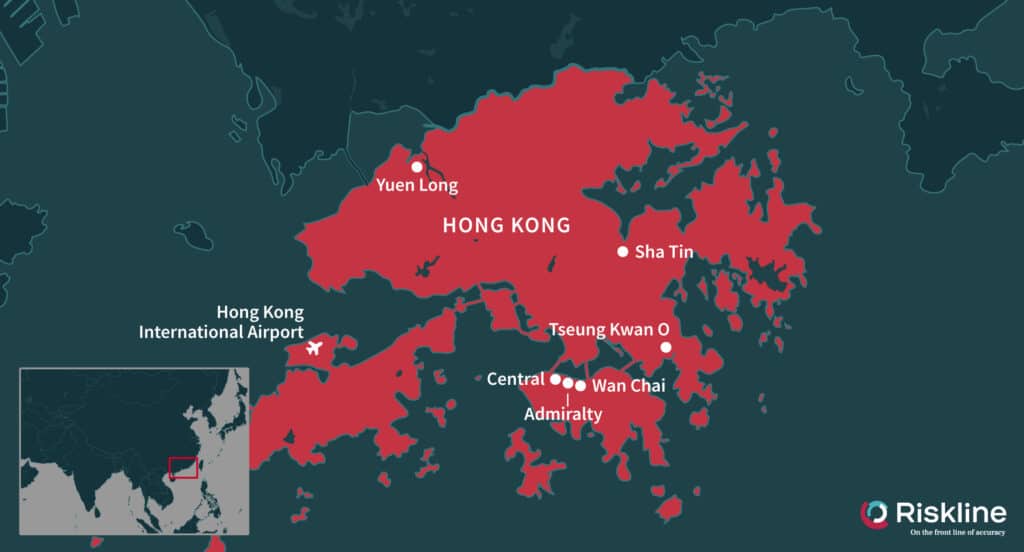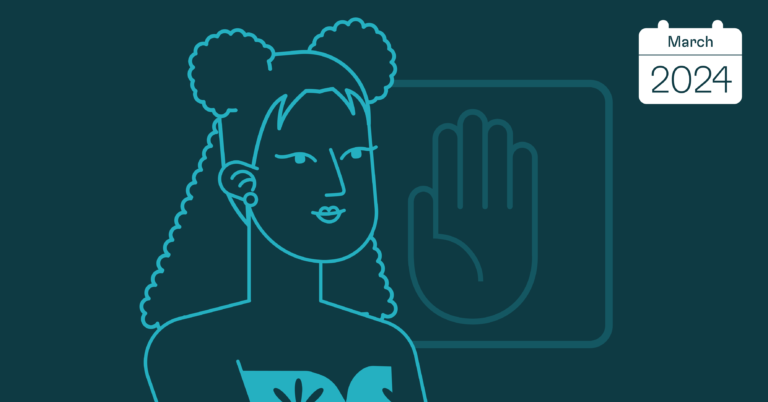The protests in Hong Kong, which began in March 2019 in response to a controversial extradition bill and have mobilised millions of people to date, are expected to continue as protesters demand a more representative government in the special administrative region and less interference from authorities in Beijing. Both the protesters, who maintain a strong united front despite internal divisions over tactics, and the Chinese Communist Party (CPC) apparatus have little incentive or enthusiasm to make significant concessions.
While local authorities made one major concession as of 5 September by revoking the extradition bill that sparked the unrest, the CPC will struggle to deal with the nationalistic forces that the protests, and heavy-handed efforts to stop them, haveunleashed. The plan has always been Hong Kong’s eventual incorporation into China as a regular city without special status, which is set to expire in 2047. And this is not the first time Hong Kong has witnessed violent anti-government protests, with the last major outpouring of unrest taking place in 2014, the so-called “Umbrella Revolution.” The CPC has contingency plans in place to end the protests should it decide to do so. But the political cost would be very high and drumming up nationalism to achieve this end is a double-edged sword for the CPC. Having allowed netizens and propaganda organs on the mainland to advance these sentiments, the government cannot be seen to back down from them in Hong Kong. Granting concessions to the demonstrators, would be a public admission of weakness, especially when the residents of Hong Kong have been portrayed as traitors to their motherland. The invocation of outside meddling, for which there is little real evidence, is not something cynically trotted out. It is a sincerely felt belief, even at the commanding heights of the CPC.
All of the protesters’ remaining demands are presently unacceptable to the CPC, including universal suffrage in local elections and an investigation into police violence. They directly challenge Beijing’s ‘one country, two systems’ ideology. Which, to the protesters, is also increasingly dead on arrival due to the way their demonstrations have been met with force and intimidation. Protesters, and outside observers, fear that these events presage the extent to which the special administrative region’s (SAR) autonomy will be removed once that system can be formally abrogated in 2047. It is not lost on international corporations and investors, who have seen major corporate entities, such as Cathay Pacific and MTR, forced to toe the line or else, from the newest entry-level hires to the most senior executives.
The protests have also prompted demonstrations among Diaspora Chinese communities in Taiwan, Canada, the United States (US), Australia, New Zealand and the European Union. These in turn have raised uncomfortable questions about the influence of the CPC in organising counter-protests against Hong Kong solidarity rallies in these countries. Verbal, and physical, exchanges at these events as well as harassment campaigns targeting dissidents abroad demonstrate that the CPC sees itself as the steward of Diaspora Chinese communities, whether they like it or not.
That these confrontations, both in Hong Kong and outside China, come amid growing economic tensions with the world’s democracies does nothing to encourage the CPC to back down. The US has, nominally, linked the prospect of a major trade deal with the fate of the protesters, but it is unclear what this linkage will look like in practice should a crackdown occur. Far more subtle methods of social control than tanks rolling down boulevards can, and have, been used to try to discourage protesters; these would, if successful, make a forceful response by the world’s democracies less likely. While tear gas volleys, baton charges, transportation shutdowns and mass arrests are, so far, the norm, and could escalate to far worse violence, workers who participate in demonstrations have also been fired and publicised protesters’ identities have been put online to intimidate them by robbing them of the anonymity of being in a crowd. For all the machinery of state that the police have mobilised, though, they have been ineffective in deterring or containing the massive crowds assembling to march and rally on near-daily basis.
It will be far harder for the world’s democracies to de-link economic ties with China in 2019 than in 1989. It is doubtful any democracy at present has the ability to mobilise popular support on short notice to enact policies that would hit the Chinese economy hard in retaliation and not also rebound on their own economies in the short-term. This is also apparent to the CPC, whose leaders, for now, believe that they can outlast the men and women on the street without resorting to the deployment of military and paramilitary forces conspicuously drilling in Hong Kong and across the border in Guangdong province.
In the event of a repeat of the Tiananmen Square crackdown, China would weather the international opprobrium. But a permanent, roiling core of anti-government activists will then take root in Hong Kong once the smoke clears and ‘business as usual’ returns. It will not, in this new Hong Kong, be business as usual, though, as the impact of the protests on business has already shown. While the CPC would find it easier to publicly justify the use of force against such agitators – who will, regardless, have no real chance of success – the ferment these confrontations will generate will also make Hong Kong a less attractive place for international capital and travellers over time. The loss of this window will not just harm the Chinese economy overall – especially if skittish investors pick Singapore over, say, Shanghai or Shezhen – but officials’ lucrative patronage networks. At present, the central government in Beijing wishes to avoid that. Hong Kong is a window onto the world, a very large one. But an increasingly nationalistic, post-crackdown CPC leadership would eventually come to accept drawing the curtains. Senior leaders would have no choice but to; drawing them back would be seen as an act of weakness, a weakness to be challenged and exploited by hungrier, more junior leaders.
Paul Mutter is a US-based political and security risk analyst covering Middle East and North Africa.















